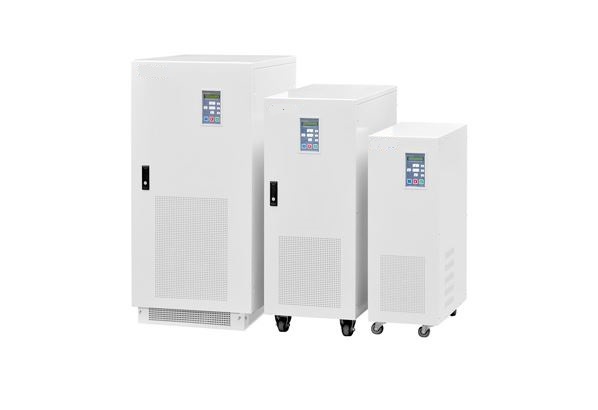A leading industrial UPS supplier aims to meet the demands of varying markets. These primarily include commercial and industrial markets. When looking for a reliable UPS (uninterruptible power supply) system, you must understand the criticality of its application.
The challenge surrounds picking the most suitable UPS systems to verify the operations' security, continuum, and safety in adverse conditions. It focuses on the electrical professionals' needs, investment process, and decision-making concerns.
An Overview of the Commercial UPS
Commercial UPS systems apply in numerous industries, such as insurance companies, data centers, financial institutions, etc. The majority of commercial UPS comprises high-frequency inverter and high-frequency rectification technology. The systems feature non-isolated configurations for DC, bypass, output, and mains.
What Is Industrial Grade UPS?
Generally, industrial UPS power system translates as the uninterrupted power supply that heavy industries like metallurgical, petrochemical, power, and more use in crucial equipment.
This power system employs a brilliant high-frequency inverter with phase-controlled rectification technology. You can seek a reliable Industrial UPS manufacturers for a suitable solution for projected use.
Drawing Differences Between Commercial & Industrial Uninterruptible Power Supply
In essence, commercial and industrial UPS differ in projected applications and design. While both aim to offer backup power during electrical outages, their design facilitates them to serve varying needs and surroundings.
1. Working Environment
Your industrial UPS supplier will offer you a power system that can operate more rigorously compared to commercial options. They will supply you with systems with tested performance. These system designs allow them to tolerate high temperatures and nominal insulating dust amounts.
Commercial UPS systems do not comprise any unique design to protect from dust. Additionally, the components and elements don't feature a three-proof treatment. There are specific situations like high altitude, salt spray, harmful load, low and high temperature, dust, etc.
2. Durability & Robustness
Industrial UPS manufacturers will construct the systems in such a way that they can endure hostile environments that usually occur in an industrial setting. They feature improved cooling mechanisms, moisture protection, safeguarded from vibration, rugged enclosures, and more.
Since commercial UPS serves a well-regulated indoor environment, they do not offer such a level of durability.
3. Power & Capacity
UPS systems with lower frequencies can deal with enhanced power capacities compared to commercial counterparts. Industrial environments comprise heavy equipment, machinery, and essential procedures.
Conversely, commercial solutions cater to small-scale uses, such as data centers demanding less power, retail stores, and offices.
4. Redundancy & Reliability
Your industrial UPS supplier will provide you with multiple choices for UPS systems, which generally comprise cutting-edge features for increased reliability and power availability. These systems may contain redundant elements to reduce downtime and offer fault tolerance. These include parallel configurations, hit-swappable batteries, and several power modules.
On the other hand, a commercial uninterruptible power supply system will offer limiter redundancy choices. Their main goal is to deliver reliable power to essential equipment compared to accentuating comprehensive redundancy.
Conclusion
Understand that sometimes line between commercial UPS and industrial UPS can get blurry. This is because some UPS systems aim to serve commercial and industrial usage. The unique demands of a specific application and the graveness of a linked device will help establish which UPS system, commercial or industrial, makes the ideal choice.


No comments yet